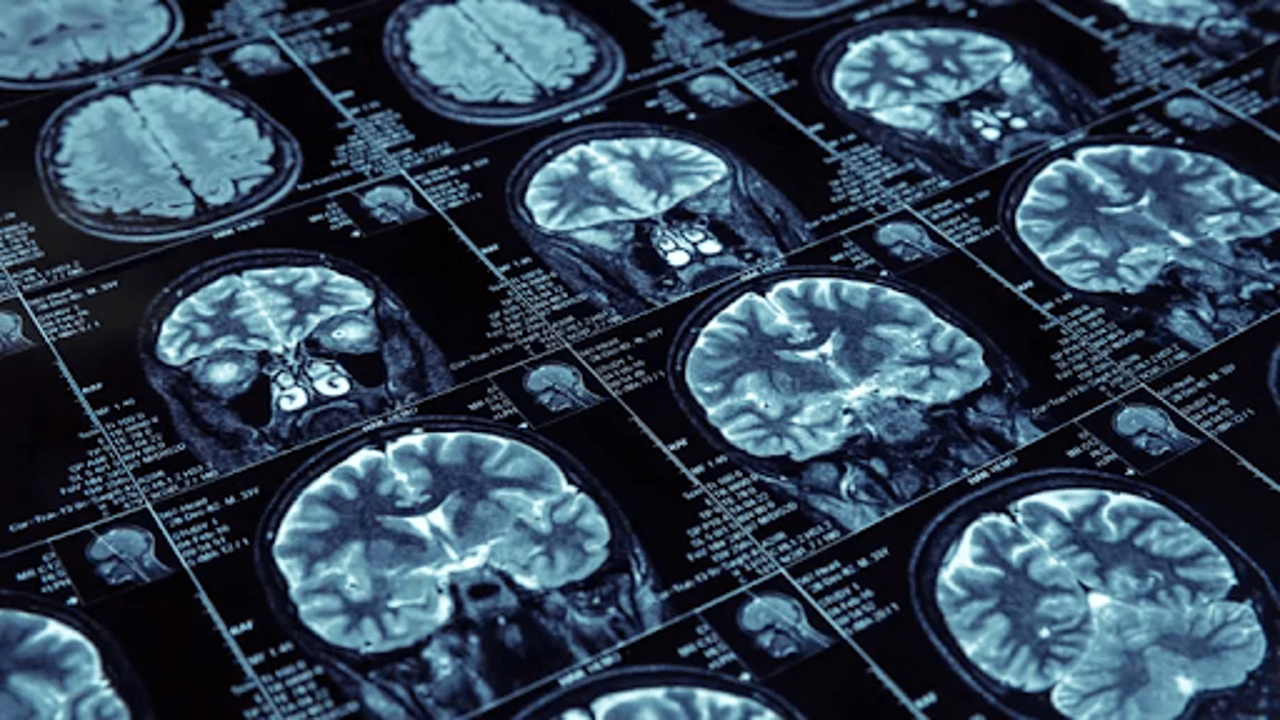
Image source: Getty Images
The concept of tracking and analyzing our thoughts is evolving from a philosophical debate to a tangible reality. Advances in technology now allow for the measurement of brainwaves, turning our thoughts into data that can be bought and sold. This shift has raised significant privacy concerns, leading to the introduction of new laws aimed at protecting personal information.
In response to these issues, Colorado has become the first state to pass legislation focused on brainwave privacy. This law is an extension of the Colorado Consumer Protection Act, which aims to safeguard personal data by setting requirements for how companies handle sensitive information. The new privacy act specifically adds "biological data" to the list of protected categories. This includes various forms of biological, genetic, and neural data, which means our brainwaves are now under legal protection.
Elon Musk’s Neuralink is a well-known example of technology interfacing directly with the human brain. However, it’s not the only player on the field. Companies like Paradromics are also developing similar technologies, and various devices are already helping medical patients regain lost functions. These medical devices are tightly regulated under HIPAA, which provides strict privacy protections. In contrast, the consumer technology sector, which includes wearable devices capturing brain data, lacks similar oversight.
Many consumer products on the market today, such as sleep masks and headbands designed to improve focus, use electrodes to monitor brain activity. These devices gather neural data, but the current legal framework for handling this information is minimal.
According to Representative Cathy Kipp, who led the push for the Colorado privacy bill, "We have entered the world of sci-fi here. As with any advances in science, there must be guardrails." This sentiment highlights the urgent need for regulations to keep pace with technological advancements.
A study by The NeuroRights Foundation revealed that most companies producing brainwave-capturing wearables have minimal restrictions on accessing this data. Dr. Sean Pauzauskie from the foundation noted that the market for neurotechnology, including devices that interpret brainwaves, is rapidly expanding and could double in size within a few years. This growth raises the possibility of a significant shift in how brain data is managed and protected.
The collection of brain data has potential applications ranging from improving consumer products to more intrusive uses. For instance, companies could analyze how engaged someone is with an advertisement or track their interest in a product in real time. Rafael Yusuf, a professor and neurotechnology expert, emphasized the need for responsible innovation, stating, "The brain is not just another organ of the body. We need to engage private actors to ensure they adopt a responsible innovation framework."
There is concern that without proper regulation, brain data could be misused, leading to privacy violations. As Dr. Pauzauskie mentioned, “We need to consider the risks of hacking, corporate profit motives, and inadequate privacy protections.” The Colorado law aims to address these concerns by granting brain data the same privacy protections as fingerprints.
Experts like Professors Farinaz Koushanfar and Duygu Kuzum from UC San Diego highlight that the field of brain data collection is still in its early stages, with many unknowns about its potential impact. They stress the need for thorough regulation and oversight to ensure that the technology is used responsibly.















